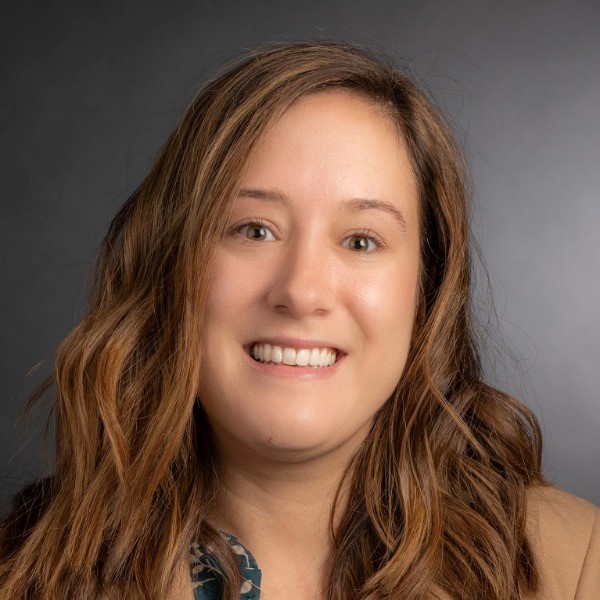Diana Dolce

Diana Dolce is the Associate Director of Wellness Finance and Operations at RIT, with over 10 years of experience supporting the mission of non-profit institutions through effective organizational design. Specializing in the development and implementation of effective business processes, Diana looks for opportunities to better serve our student population through improved core operations. Outside of the office, Diana enjoys lazy hikes with her corgi and remodeling the home she shares with her fiancé.
1. How do you teach or exemplify Applied Critical Thinking? Why do you think Applied Critical Thinking is important in your domain or role?
My approach to critical thinking is best described as a natural curiosity of the world and the people in it. Since joining RIT over the summer, I have been focused on getting to know RIT’s campus, culture and traditions.
Managing the financial and human resources operations within wellness is my responsibility, but my work does not exist in a silo. It’s been critical for me to understand the how and why behind many of the processes and systems that RIT uses today. Being able to ask questions and apply a framework of review is helpful, particularly in a process-driven environment. I find that a thoughtful review allows for more creative solutions.
2. Can you share a story where quality Applied Critical Thinking was key to your success?
In a previously held position, I was charged with assessing equity within an organization's philanthropic operations. Everyone on the team came into the project with their own idea of what equity meant in this specific framework. As a team, we had to review and assess each step in our process from a different perspective, identifying areas for improvement. Guided by our own data, as well as data from national sources, we developed a pilot program to begin implementing changes and testing results to ensure we were moving closer to our goal. In a project like this, there are measures of success, but the goal is always to continue assessing, learning and striving to improve: It is applied critical thinking and continuous improvement in practice.
3. How do you use critical thinking in other areas of your life outside of RIT?
Critical thinking is another tool to help me understand and evaluate the constant information inundation. I find myself pausing to evaluate the reliability of the information and the intention and potential biases of the author.
4. Any last critical thoughts?
Maintain your inquisitive mindset! For me, one of the joys of working in higher education is the regular exposure to new ideas and ways of understanding the world.